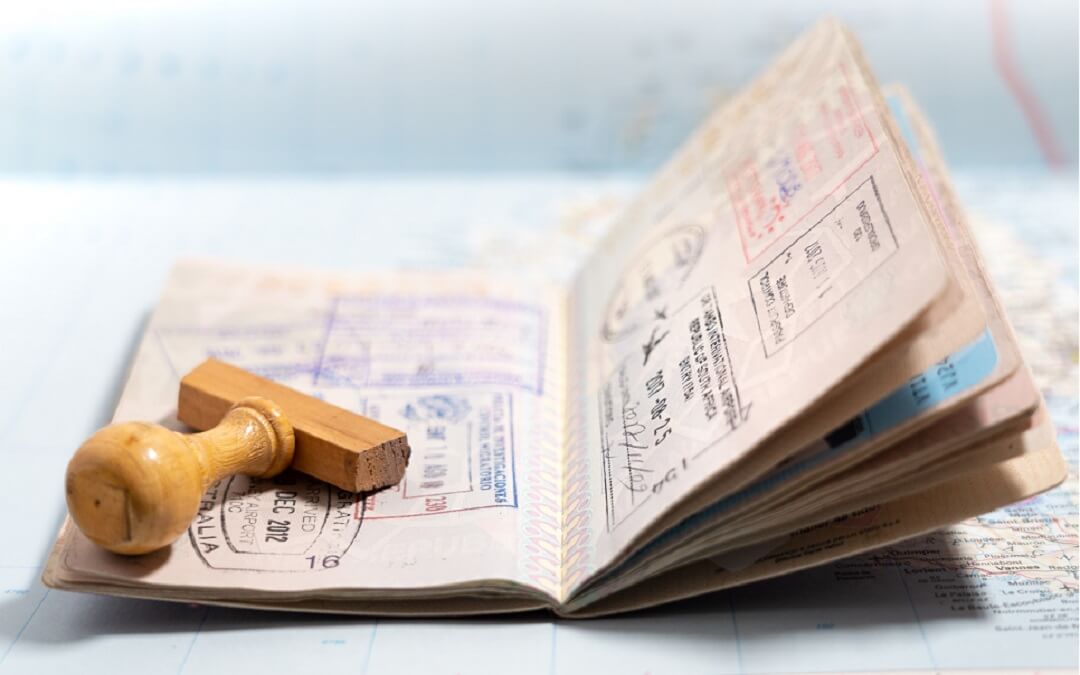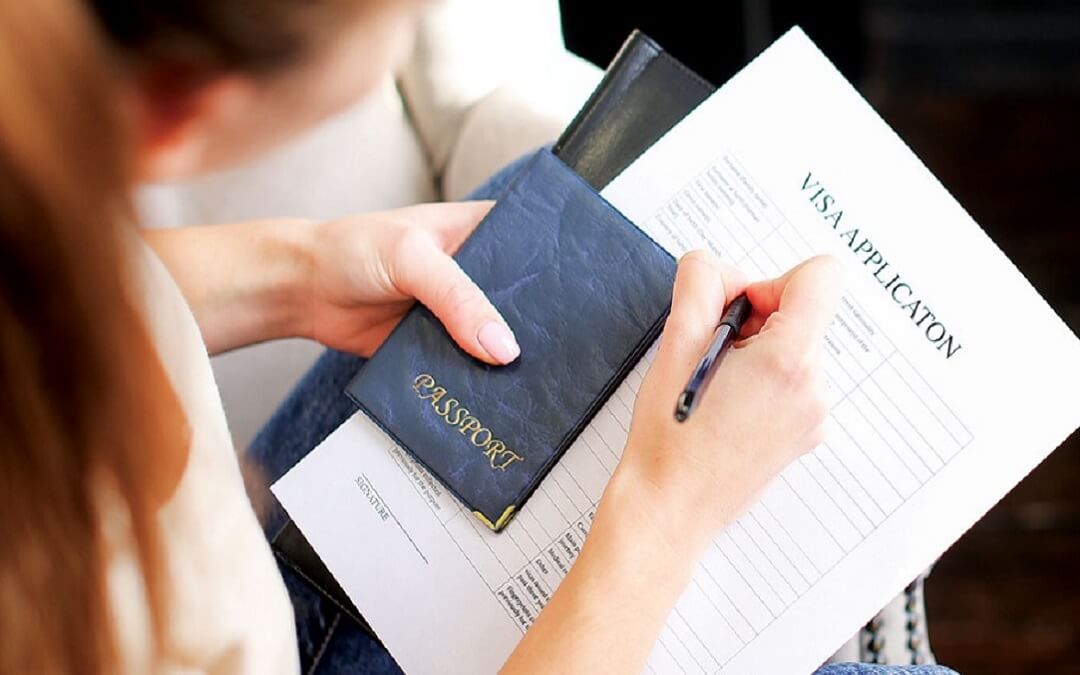- Explore Your World
- Uploaded In: 2023
Going abroad to study? Here are some important things to remember before applying for your student visa.
If you are planning to study abroad, your student visa will be an essential travel document. Even when you focus all your attention and energy on choosing the appropriate study course at a prestigious university, you should give due importance to acquiring a valid student visa well before your course starts and ensure that your visa will cover the entire period of your stay abroad.
Here are 5 things to remember before you begin your student visa application process:
Do not procrastinate:
- Apply 1-3 months in advance: You will need to apply at least 1-3 months before the course commencement date, depending on which country you are applying to.
- Visa category: Ask your college which category of visa you need or consult the relevant embassy. This is extremely important as student visa requirements for different regions within the same country can vary significantly.
- List of documents: Check the full list of documents required well in advance on the visa section of the country's government website, so that you have them ready at the time of visa application submission.
Acceptance letter:
You can apply for a student visa only after you have been accepted into an academic course in the country where you wish to study. You will need to submit the acceptance letter and pay for some or all of your tuition fees when you apply for the visa.
The length of your course will determine the type of student visa you need to apply for. For example, if you have opted for a course that is shorter than six months, you may need to enter on short-term study visa. This visa may not allow you to work while studying.
Are you healthy enough?:
Some countries have health restrictions on their student visa categories. For example, you may need to undergo medical tests to prove that you do not carry any infectious diseases, or, prove that you have been immunised if your home country has lately had an outbreak of diseases such as cholera or yellow fever.
Some countries require you to take mandatory health insurance before they grant you a student visa.
Get your documents in order early on:
You'll need original copies of important documents, such as your IELTS/TOEFL test scores or your academic results and certificates (depending on the checklist specifications), and of course your current passport - which should be valid for the next 6 months.
These are the common documents you will need at the time of the visa interview, some of which have to be original copies:
- Passport
- Photos
- Acceptance letter
- Financial documents with proof of funds
- Student loan approvals
- Academic qualifications
- Test scores English language qualifications
- Proof of international student health cover
Note that this is only an indicative list - please do refer to the exact checklist of requirements for the country you are planning to study in on the official website of that country.
Study the visa conditions before you fly: Take time to understand the finer aspects of your visa category once you get your visa. What does that stamp mean? Can your family go with you? Can you work part-time? If so, how many hours per week? After graduation, can you apply for a work permit, and if so, for how long is it valid? Make sure you know all your entitlements upfront, as every country has different requirements.
Disclaimer:
The above tips are generic and not specific to any country. Applicants are advised to confirm country-specific details on www.vfsglobal.com before submitting their application. Student visa decisions are the sole prerogative of the embassy you are applying at.
As a visa processing agency, visa service providers, including VFS Global, have no role or influence on the decision of your application to study/ travel/work abroad. VFS Global does not offer recruitment or immigration advice or services.
If you have any feedback on this article or would like to reach out to our team to know more, please email us at
communications@vfsglobal.com











